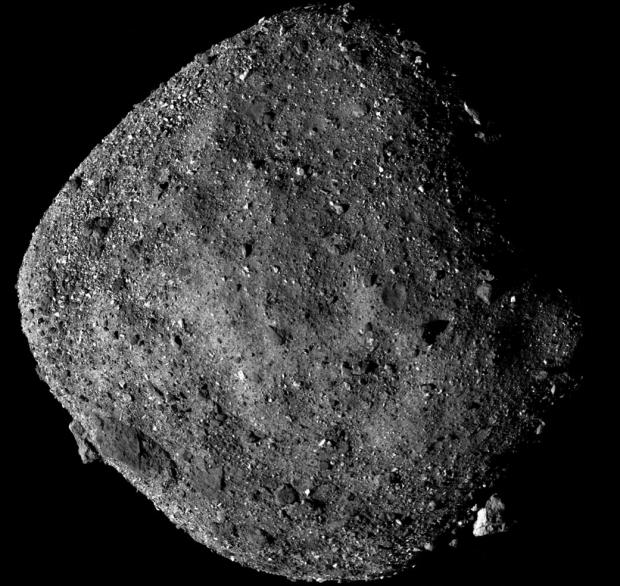Scientists have been pondering the origins of life since they have had the mental capacity to do so. Today we have been brought one step closer to the answer.
A team of scientists has made a brand new breakthrough discovery regarding the origins of life and how they occurred on Earth. The team has found ribose, arabinose, and xylose sugars in two different meteorites, which has now been added to an already growing list of biologically relevant compounds that have been found in space rocks. Ribose is a critical component of RNA (ribonucleic acid), and in modern life, RNA is the messenger molecule that copies genetic instructions from DNA.
Yoshihiro Furukawa of Tohoku University, Japan, lead author of the study published in the Proceedings of the National Academy of Sciences, said "Other important building blocks of life have been found in meteorites previously, including amino acids (components of proteins) and nucleobases (components of DNA and RNA), but sugars have been a missing piece among the major building blocks of life. The research provides the first direct evidence of ribose in space and the delivery of the sugar to Earth. The extraterrestrial sugar might have contributed to the formation of RNA on the prebiotic Earth which possibly led to the origin of life."
Scientists believe that since molecules as fragile as ribose have been detected in ancient meteors as old as the ones they were found in, that meteors could have played a role in distributing these sugars to a prebiotic Earth. This would mean that the origin of life could have been critically assisted by extraterrestrial meteors from distant parts of the solar system or even the universe.



